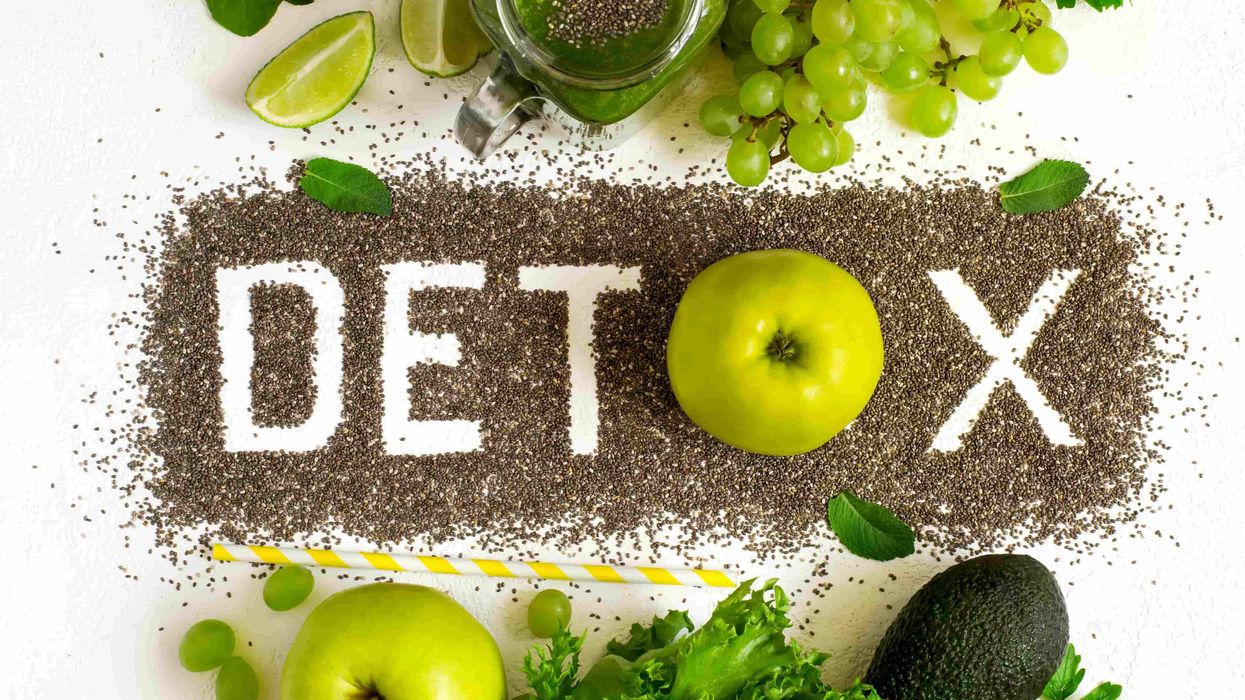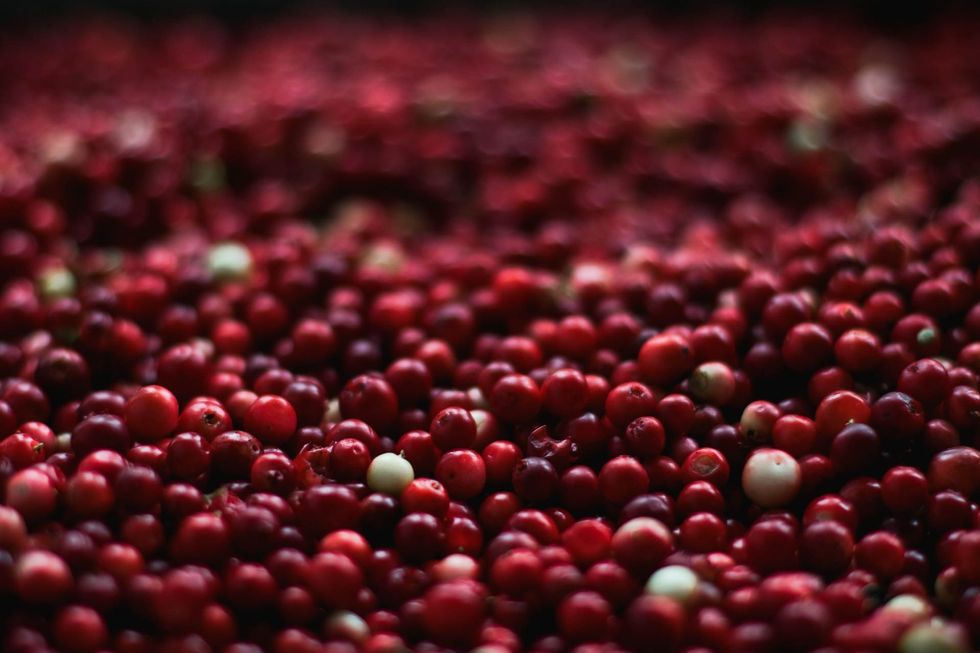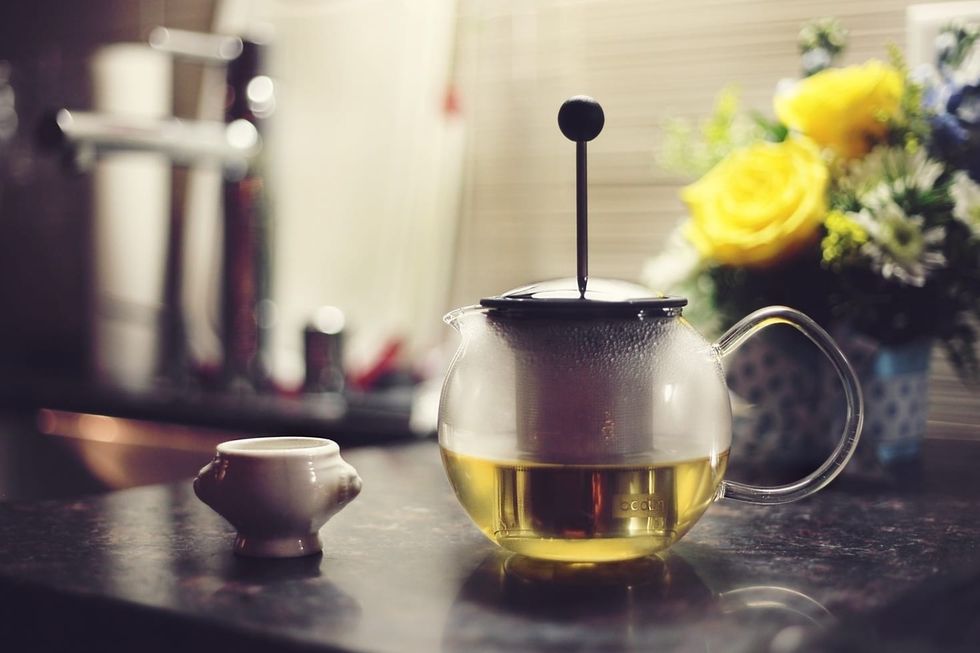This article contribution is by Scott Mazza, Co-Founder of Vitality CBD
In cannabis, a multitude of compounds work in harmony to produce the plant’s diversity. Among these, flavonoids stand out as the unsung heroes, responsible for not only the captivating colors but also the rich flavors and aromas that distinguish one bud from another. From the vibrant hues of Granddaddy Purple to the earthy green of Sour Diesel, it’s the unique combination of flavonoids that lends these strains their unmistakable characteristics.
But it’s not just aesthetics and sensory experiences that flavonoids bring to the table. They also offer a host of health benefits, such as anti-inflammatory, antioxidant, and antibacterial properties. Moreover, the collaboration between flavonoids, terpenes, and cannabinoids in cannabis contributes to the “entourage effect,” enhancing the therapeutic potential of this remarkable plant.
Let’s dive into the fascinating world of flavonoids and consider their profound impact on the cannabis we know and love.
What Are Flavonoids
Flavonoids are a class of phytonutrients found in various plants, including cannabis, and they play a vital role in determining the distinct taste, smell, and color of each strain. These compounds also serve a multitude of functions within cannabis. First and foremost, they act as nature’s bodyguards, defending the plant against the sun’s rays and potential predators. Additionally, flavonoids also attract bees, butterflies, and other pollinators.
Beyond these roles, researchers believe flavonoids provide a range of health benefits. The compounds possess antioxidative and anti-inflammatory properties that not only safeguard the plant but may also contribute to its therapeutic qualities. Research is still evolving but early findings suggest that flavonoids may also harbor neuroprotective effects, potentially mitigating the risk of various disorders, cardiovascular disease, and even cancer.
Prominent cannabis flavonoids include flavone and flavonol. Compounds like these collectively influence the vivid spectrum of colors seen in cannabis, while also shaping its unique taste and aroma by synergizing with other compounds, such as terpenes. As I’ve written previously for The Bluntness, terpenes deliver distinct scents to different cannabis strains, and the interplay with flavonoids is likely to enhance or alter these aromatic profiles.
As research progresses, it’s increasingly clear that flavonoids are integral to the cannabis story, both in terms of aesthetics and health.
The Entourage Effect And A Trio Of Compounds
However, the true magic of flavonoids occurs when they collaborate with other compounds, resulting in the “entourage effect.” This theory posits that each element works together to amplify the plant’s physiological effects. The entourage effect notes how the two most studied phytocannabinoids, tetrahydrocannabinol (THC) and cannabidiol (CBD), interact with other compounds, like flavonoids and terpenes, to augment bioactivities. Emerging hemp research puts forward that the compounds work together to maximize benefits.
For example, this review of studies underscores the potential advantages of combining terpenes and phytocannabinoids, suggesting their effectiveness in addressing issues such as pain, inflammation, epilepsy, cancer, fungal infections, and anxiety.
Regarding anxiety, a landmark clinical trial last year looked into how high-CBD, full-spectrum oil helped with the condition. The study noted a “significant reduction” in anxiety levels after just one week and at much lower CBD doses than in previous clinical trials. Researchers in the trial believe the entourage effect explains the difference in dose effectiveness. “While few studies have directly compared full-spectrum and single extracted products,” they write, “research suggests that for some conditions, full-spectrum products may yield therapeutic response at lower doses and with fewer side effects.”
What Customers Need To Know
This kind of research is a start in the right direction. However, flavonoid metabolism and the entourage effect remain understudied. As an industry, let’s look forward to more funding and focus on this area. After all, understanding the entourage effect and how each of the plant’s compounds interact with one another will go a long way to treating myriad conditions with cannabis.
It’s important to highlight that anxiety ranks among the primary motivations for people seeking relief with CBD. Demonstrating the compound’s effectiveness in alleviating anxiety, while underscoring the pivotal role of the entourage effect, represents a significant milestone.
In the meantime, consumers must do their research. There’s substantial variance between CBD products and their production methods. As a result, it’s advisable to scrutinize product labels and opt for full-spectrum extracts if you’re interested in the entourage effect. While verifying the label, it's also worth checking that the producer conducts independent testing of potency and purity.
Often overlooked in the cannabis narrative, flavonoids are the true architects behind the plant’s vibrant colors and distinctive flavors. And, along with terpenes and cannabinoids, this dynamic trio is likely to enhance pain relief, reduce inflammation, and even mitigate anxiety. As research continues, a brighter future for cannabis-based treatments awaits, driven by the power of flavonoids and their entourage of compounds. Watch this space.
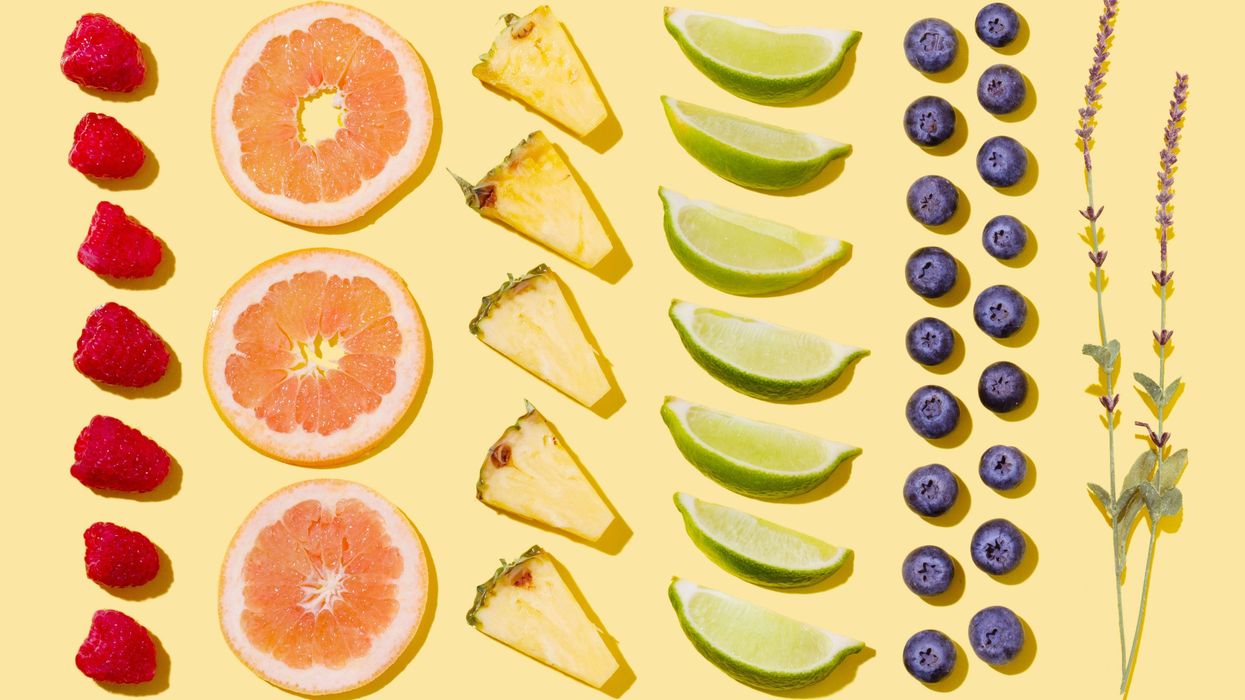







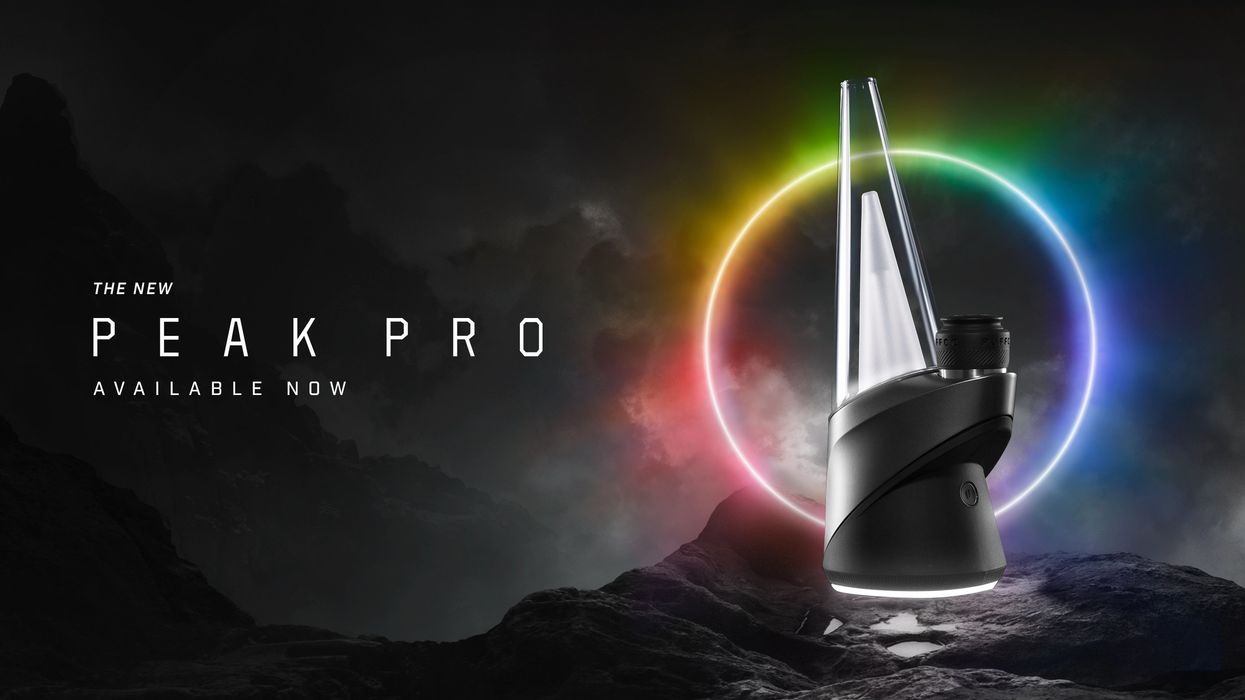





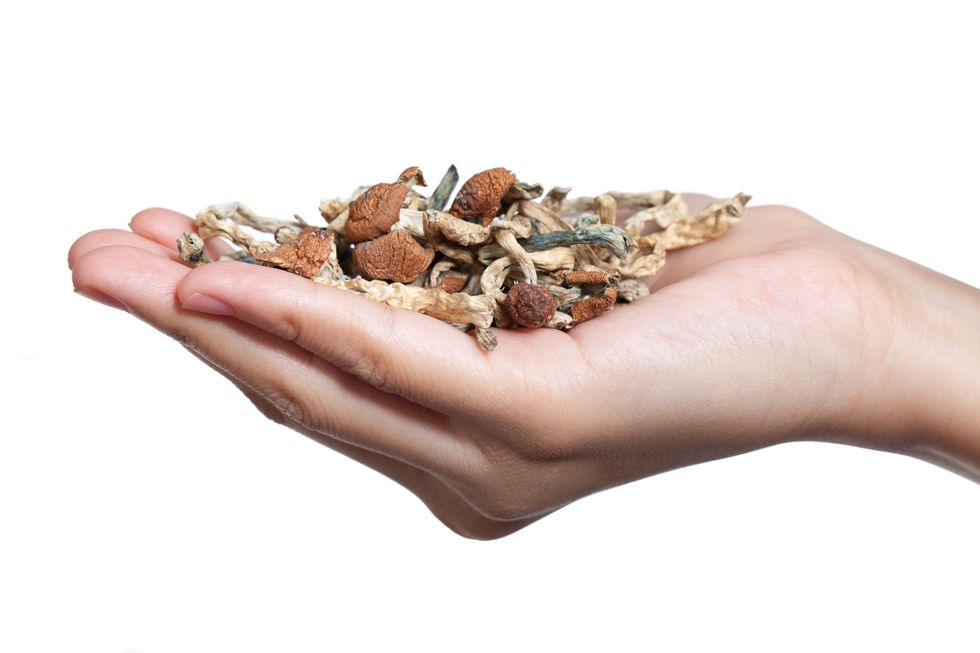 How to Make Mushroom Tea - The Bluntness
null
How to Make Mushroom Tea - The Bluntness
null
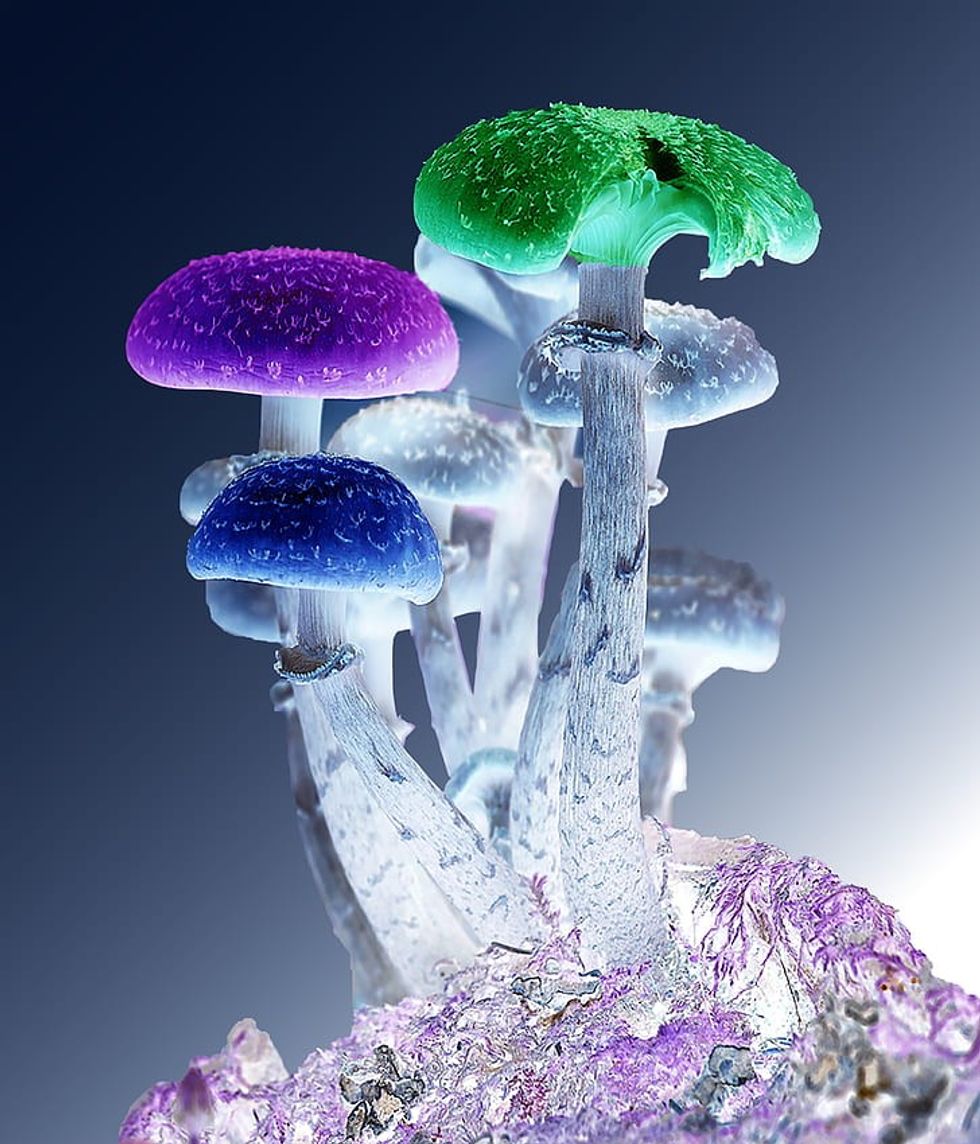 How to Make Mushroom Tea - The Bluntness
www.pickpik.com
How to Make Mushroom Tea - The Bluntness
www.pickpik.com
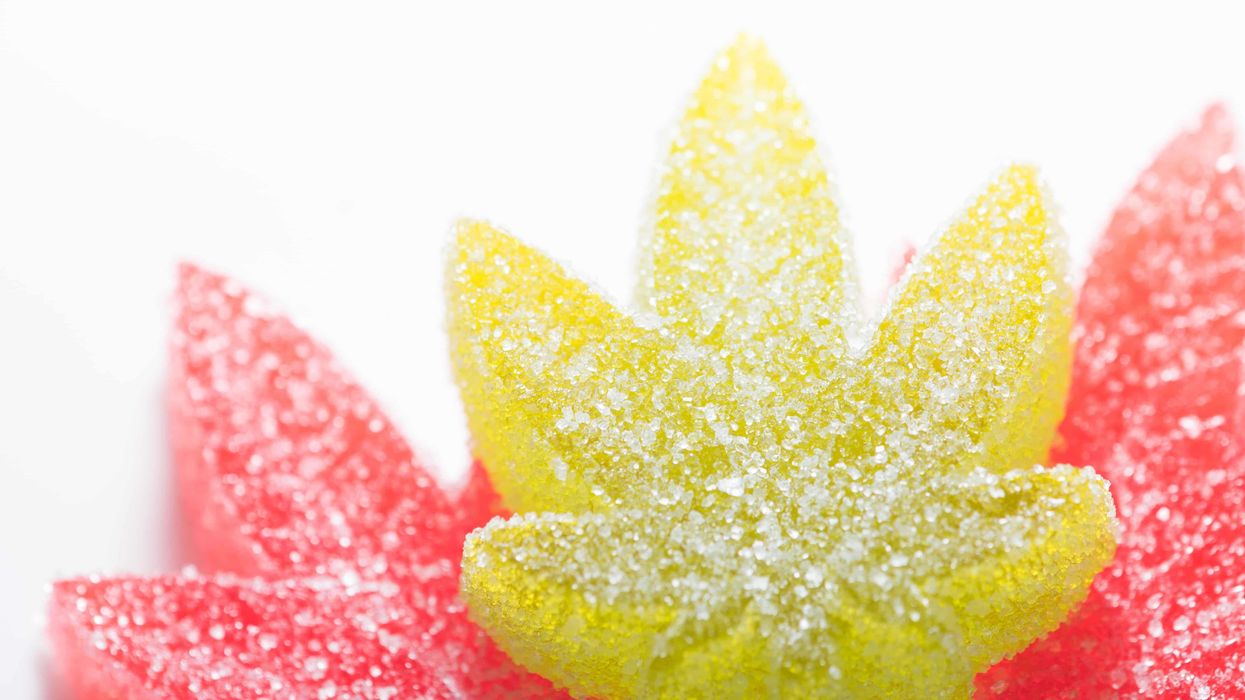
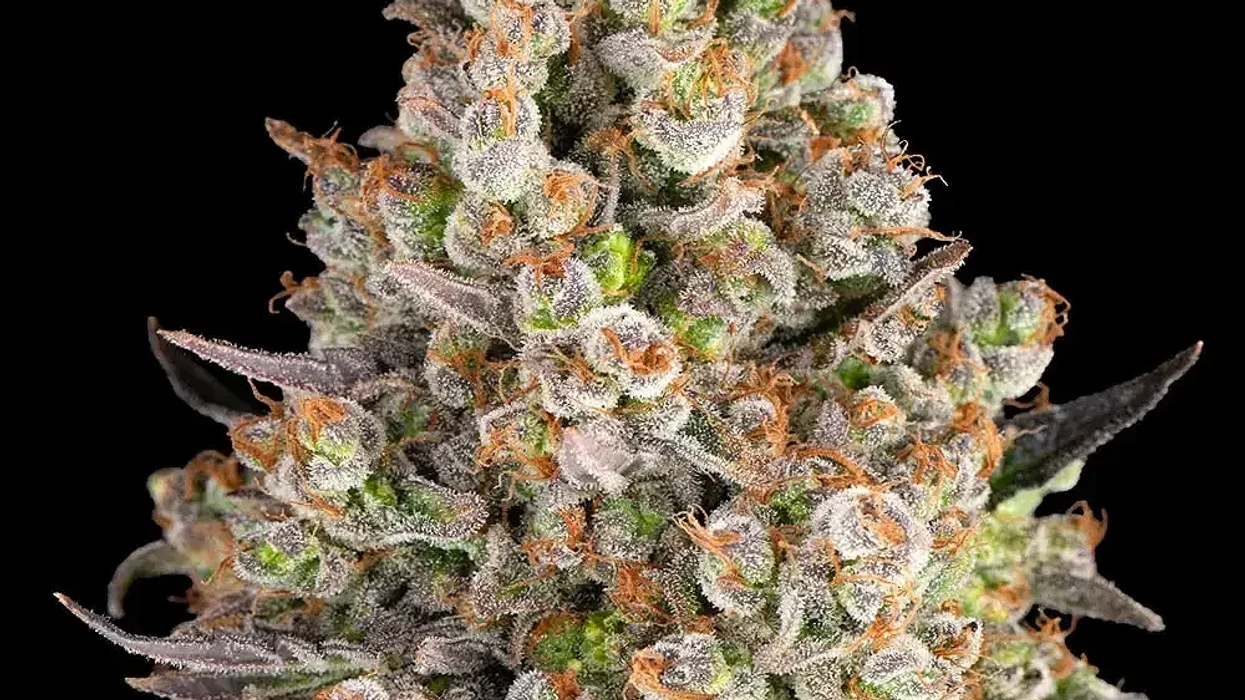
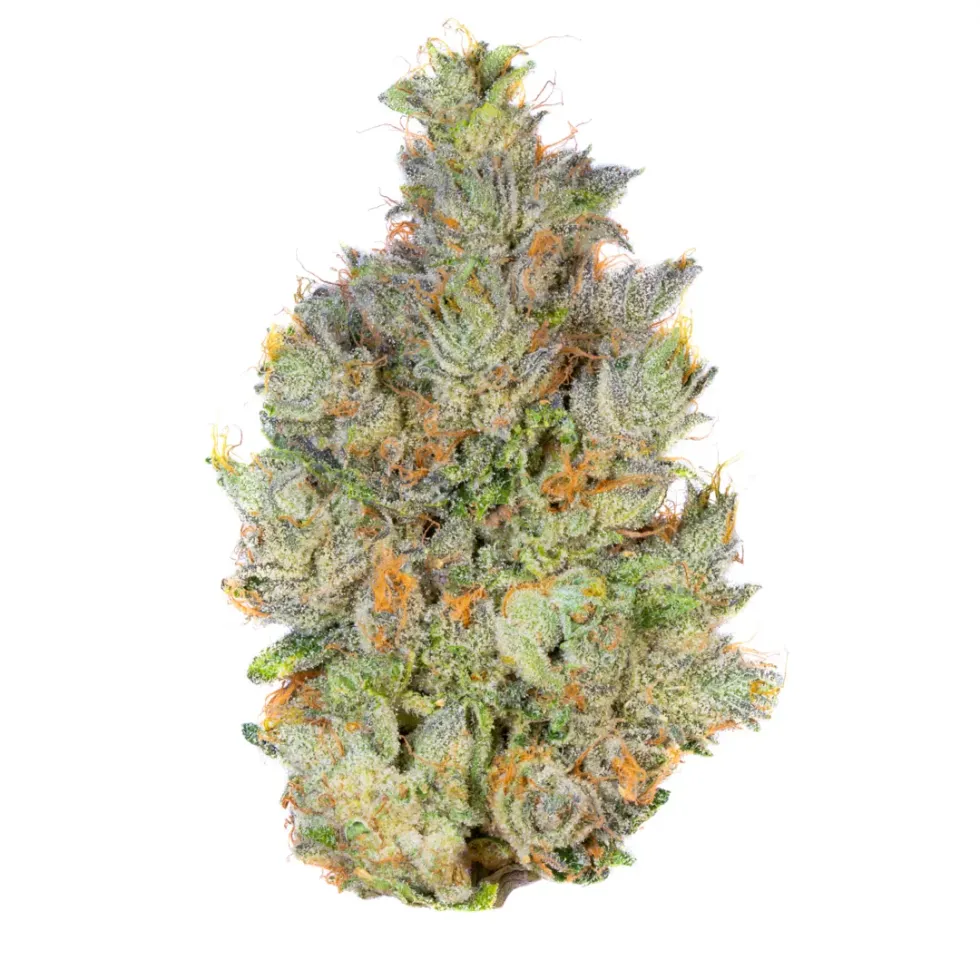 OG Kush Strain: The West Coast Classic That Defined a Generation - The BluntnessAlien Labs
OG Kush Strain: The West Coast Classic That Defined a Generation - The BluntnessAlien Labs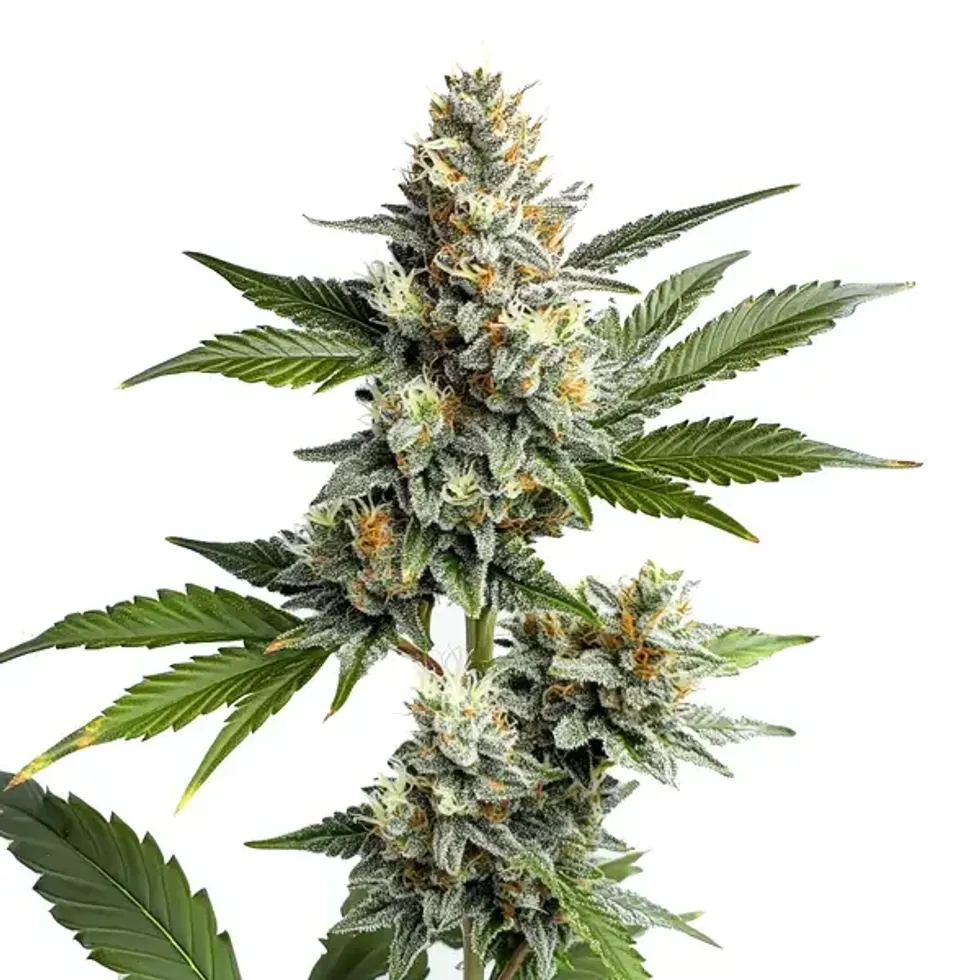 OG Kush Strain: The West Coast Classic That Defined a Generation - The Bluntness
OG Kush Strain: The West Coast Classic That Defined a Generation - The Bluntness